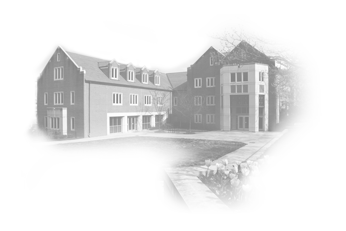Submitted by claxton on
| Title | Randomized Numerical Linear Algebra: A Perspective on the Field with an Eye to Software |
| Publication Type | Tech Report |
| Year of Publication | 2022 |
| Authors | Murray, R., J. Demmel, M. W. Mahoney, B. N. Erichson, M. Melnichenko, O. Asif Malik, L. Grigori, P. Luszczek, M. Dereziński, M. E. Lopes, T. Liang, H. Luo, and J. Dongarra |
| Technical Report Series Title | University of California, Berkeley EECS Technical Report |
| Number | UCB/EECS-2022-258 |
| Date Published | 2022-11 |
| Institution | University of California, Berkeley |
| Keywords | Randomized algorithms |
| Abstract | Randomized numerical linear algebra – RandNLA, for short – concerns the use of randomization as a resource to develop improved algorithms for large-scale linear algebra computations. The origins of contemporary RandNLA lay in theoretical computer science, where it blossomed from a simple idea: randomization provides an avenue for computing approximate solutions to linear algebra problems more efficiently than deterministic algorithms. This idea proved fruitful in and was largely driven by the development of scalable algorithms for machine learning and statistical data analysis applications. However, the true potential of RandNLA only came into focus once it began to integrate with the fields of numerical analysis and “classical” numerical linear algebra. Through the efforts of many individuals, randomized algorithms have been developed that provide full control over the accuracy of their solutions and that are every bit as reliable as algorithms that might be found in libraries such as LAPACK. |
| URL | https://www2.eecs.berkeley.edu/Pubs/TechRpts/2022/EECS-2022-258.html |
| DOI | 10.48550/arXiv.2302.11474 |



